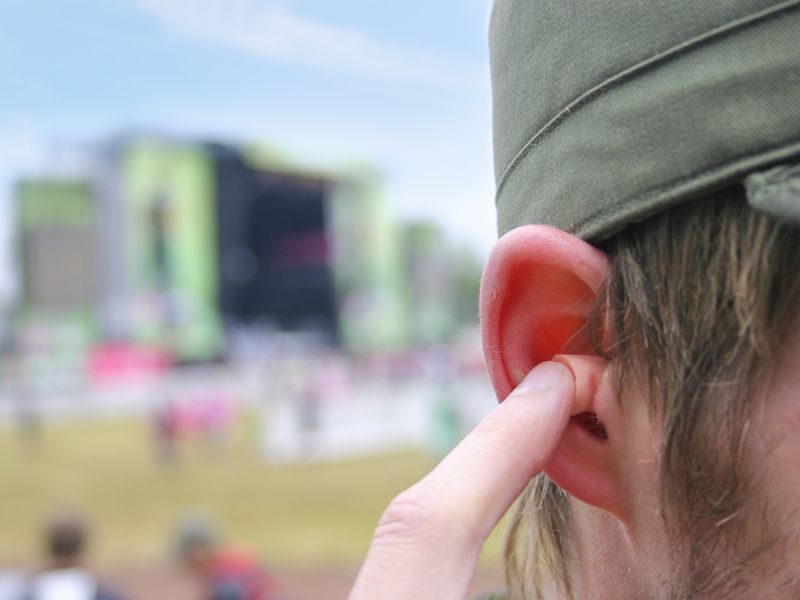
Earplugs can be beneficial if you’re exposed to loud sounds, like, something as basic as a snoring spouse, or a lawnmower in your backyard, or going to an arena to see a concert. In the first two instances, they can assist in protecting your hearing by decreasing the volume. They help save your peace of mind and perhaps even your marriage, in the last case, by enabling you to get a good night’s sleep. But are your ears being harmed by these protectors?
What’s The Point of Wearing Earplugs?
The argument for earplugs is pretty simple: When used properly, earplugs can help protect your hearing by reducing your exposure to excessive decibel levels. When you leave a loud venue, like a football game where the announcer keeps telling the crowd to, GET LOUD, when the opposing team kicks off, you’ve probably noticed that your hearing seems different, and you could also suffer from symptoms of tinnitus. Those tiny hairs are bent by this sort of noise exposure and that’s the reason why this happens. It commonly goes away within a couple of days, because the hair cells have recovered.
But in some situations, there is a continual assault on those little hairs, this is especially true if you work in a noisy profession like construction or around jet planes. In this instance, those hairs don’t recover, they are permanently injured. You’ve got around 16,000 of those little cells in each cochlea, but up to 50% of them can be injured or destroyed before your hearing has altered enough for the deficiency to show up in a hearing assessment.
How Can Earplugs Result in Injury?
That being said, you’d think that using earplugs would be an obvious choice with regards to protecting your ears. But particularly if you’re in scenarios where you’re subjected to loud noises on a regular basis (like on the job or when your spouse snores as mentioned), headphones that decrease, but don’t entirely cancel, sound or over the head earmuffs are a much better idea. Earplugs are better suited to one-off scenarios like a sporting event or concert than for everyday use.
Why? The first problem is, earwax. So that they can protect themselves, your ears generate earwax, and if using earplugs is something you do all of the time, more earwax will be generated, and you probably will jam it in with the plugs. Tinnitus and other concerns can be the outcome from impacted earwax.
An ear infection can be another issue for those who wear earplugs. If you continually use the same pair, and you don’t clean them properly from use to use, they can become breeding grounds for bacteria. Ear infections are, at the very least, a painful annoyance. But at the worst-case-scenario end of the spectrum, they can also be the cause of a loss of hearing if neglected.
How Can You Safely Use Earplugs?
Whether it’s a restful night sleep or protecting your hearing, there’s still a strong benefit to using earplugs. Using them in the proper way and using the most appropriate kind is the key to success. Foam earplugs are the least expensive, which is helpful because you really should not use them more than once, the soft, porous material is a germ’s paradise. Don’t put silicone or wax earplugs back in until they are totally dry after using warm water to entirely clean them. It’s also a good plan to keep earplugs in a ventilated container to prevent humidity, or worse, mold or bacteria, from accumulating.
If you need or want to use earplugs regularly, you might want to get in touch with us about having custom-made earplugs. They’re comfortable because they are crafted from molds of your ears and they’re reusable. Again though, to avoid any possible hearing damage, it’s important to practice good earplug hygiene!
